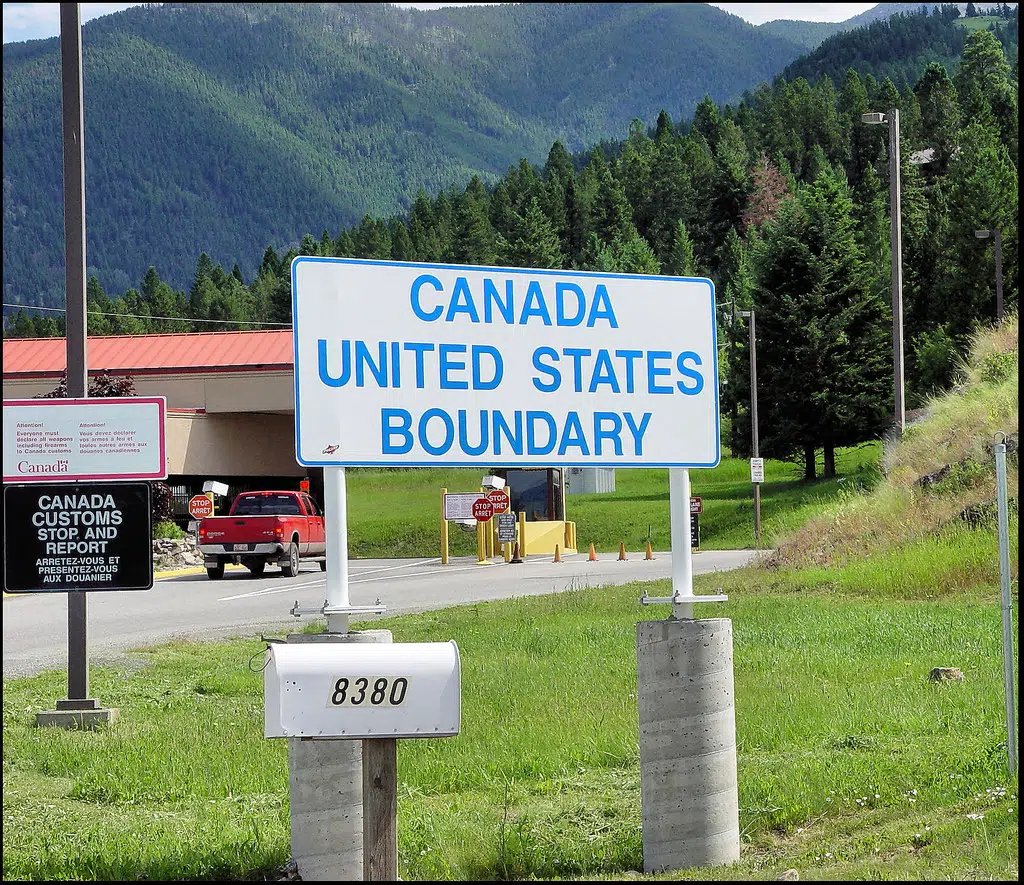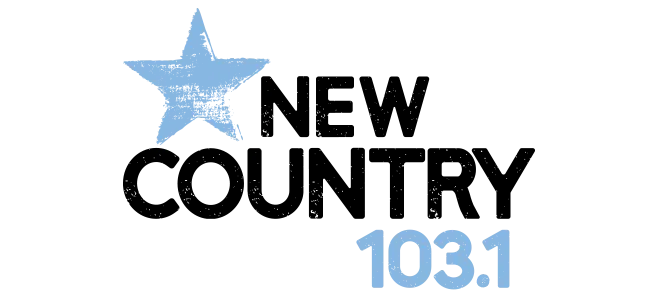
There are new, tighter rules for American travellers passing through Canada en route to Alaska to reduce the amount of time they spend in Canada during the COVID-19 pandemic.
As of July 31, Canada Border Services Agency says U.S. travellers who say they are heading to Alaska will have to use one of five designated border crossings – three in B.C. at Sumas, Kingsgate near Creston, and Osoyoos, one in Alberta at Coutts, and one in Saskatchewan at North Portal.
It says these travellers have to take the most direct route to Alaska as possible, and avoid all national parks and other tourist activities.
Drivers will also be given a tag to hang from their vehicle’s rear-view mirror for the duration of their trip, which will include the date by which they have to leave Canada. Alaska-bound travellers will also have to report to the nearest Canadian border checkpoint to confirm they’ve left Canada, before entering the United States.
When in Canada, Americans are being urged to stay in their vehicle as much as possible and not many unnecessary stops. They’re also being urged to pay for gas at the pump and use a drive-thru if they need to get food, and to ensure they have good hygiene practices if they need to use a rest area.
These measures will also apply to Americans travelling from Alaska to the U.S. through Canada, but U.S.-bound travellers will be able to use any border crossing of their choosing.
Premier John Horgan and others have frequently raised concerns about Americans stopping in B.C. while claiming to be on their way to Alaska and not obeying the mandatory 14-day quarantine required when entering Canada.
Speaking on NL Newsday, Osoyoos Mayor Sue McKortoff says she hasn’t noticed much of a problem with US travellers in her community.
“I think we might have had a few concerns a couple of months ago. I have not heard anything recently,” she said.
“Certainly we have normally had a lot of people from the States come through here and stay at our resorts and our hotels. However, what I am seeing now is there are a lot of people form British Columbia.”
Americans who have COVID-19 symptoms will not be allowed to enter Canada. As well, anyone who gave false information to a Canadian border officer could be denied entry or banned from returning to Canada.
The Canada-U.S. border has been closed to all non-essential traffic since March 21.
– With files from Jeff Andreas













Comments